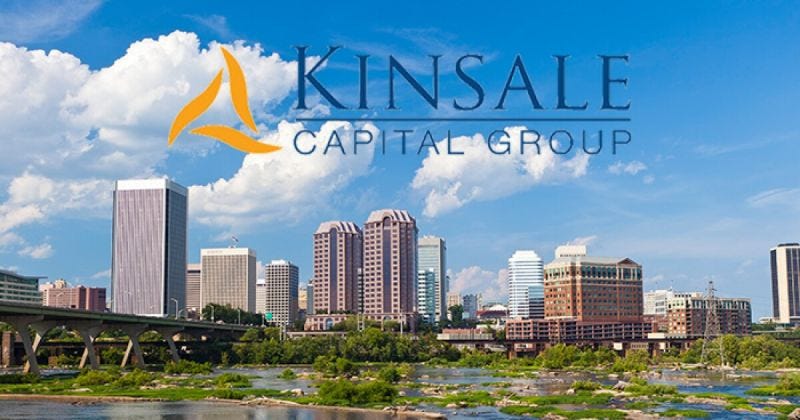Kinsale Capital Deep Dive Part 1
Investment Case Kinsale Capital
Hi Partner 👋
I’m Pieter and welcome to a 🔒 subscriber-only edition 🔒 of Compounding Quality.
In case you missed it:
If you haven’t yet, subscribe to get access to these posts, and every post.
Kinsale Capital is a compounding machine.
It reminds me a bit of Geico in the early days of Berkshire Hathaway.
Let’s dive into this superior insurance company today.
Kinsale Capital is a company that matches the criteria outlined in The Art of Quality Investing.
Kinsale Capital
👔 Company name: Kinsale Capital
✍️ ISIN: US49714P1084
🔎 Ticker: KNSL 0.00%↑
📚 Type: Owner-Operator Stock
📈 Stock Price: $386
💵 Market cap: $9.0 billion
📊 Average daily volume: $80 million
Do I understand the business model?
Kinsale Capital was founded in 2009. It is an established and expanding specialty insurance company focused exclusively on the excess and surplus lines (“E&S”) market in the United States.
Specialty insurance is designed to cover rare and/or expensive specialty items or events.
Excess and Surplus Lines are designed for businesses with uniquely high risks that the traditional insurance market will not cover.
In other words: the company uses its underwriting expertise to write coverages for hard-to-place small and mid-sized business risks.
Kinsale’s goal is to deliver long-term value for stockholders by generating exceptional, consistent financial growth.
The company seeks to accomplish this by producing reliable and attractive underwriting profits, steady investment returns, and managing its capital prudently.
The company’s objectives look as follows:
At the end of last year, Kinsale Capital had 466 employees, of which 457 work full-time. All employees are located at its headquarters in Richmond, Virginia.
Here’s an overview of the business:
How does Kinsale Capital make money?
Kinsale Capital makes money by providing insurance coverage to individuals and businesses.
Here's a simple breakdown:
Insurance Policies: Kinsale sells insurance policies to people and companies. These policies could cover various things like property damage, liability, or other risks.
Premiums: In exchange for providing insurance coverage, Kinsale charges its customers a fee called a premium. This premium is typically paid regularly, such as monthly or annually.
Risk Management: Kinsale carefully assesses the risks associated with providing insurance. They use complex calculations and data analysis to determine how much they should charge in premiums to cover potential losses while still making a profit.
Investments: The money collected from premiums is not just sitting there. Insurance companies often invest these funds to generate additional income. They might invest in stocks, bonds, or other financial instruments.
Underwriting Profit: If Kinsale collects more premiums than it pays out in claims and operating expenses, it makes an underwriting profit. This is a key source of income for insurance companies.
Products
Kinsale Capital offers a broad array of insurance coverages for risks that are unusual or hard to place in the standard insurance market.
Typical E&S risks include:
Newly established companies or industries
High-risk operations
Litigious venues (insurance in areas where lawsuits are common)
Companies with poor loss histories
The American company targets classes of business where underwriters have extensive experience allowing them to compete effectively and earn attractive returns.
Their underwriters specialize in individual lines of business allowing them to develop in-depth knowledge of the risks they underwrite.
Kinsale’s core client focus is small- to medium-sized accounts, which they believe are subject to less competition and have better pricing.
The average premium per policy written by Kinsale Capital is around $12,400.
Excluding its personal lines insurance, which has a relatively low premium per policy written, the average premium per policy written equals $14,700.
The company is active in one reportable segment: Excess and Surplus Lines.
Here’s an overview of Kinsale’s gross premiums written by division:
As you can see, Kinsale Capital has underwriting expertise across a broad spectrum of hard-to-place risks:
Now let’s dive into the most attractive part of Kinsale Capital’s business model.







